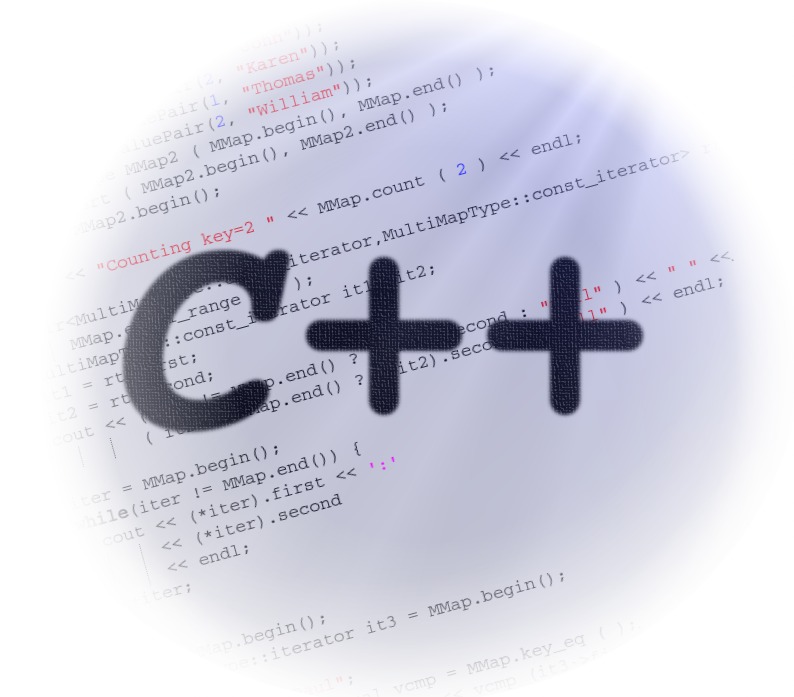
这个错误涉及到一点编译时自动类型转换的知识,一段触发代码(取消第二行的注释):
#include <iostream>
#include <bitset>
using namespace std;
///////////////////////////SubMain//////////////////////////////////
int main(int argc, char *argv[])
{
cout << "int 最小值: " << INT_MIN << endl;
//int n = -2147483648; // 错误 1 error C4146: 一元负运算符应用于无符号类型,结果仍为无符号类型
int i = 128;
cout << "int" << endl;
cout << '+' << i << " : ";
cout << bitset<32>(i) << endl;
cout << -i << " : ";
cout << bitset<32>(-i) << endl;
cout << endl;
unsigned int ui = 2147483648;
cout << "unsigned int" << endl;
cout << "+" << ui << " : ";
cout << bitset<32>(ui) << endl;
system("pause");
return 0;
}
///////////////////////////End Sub//////////////////////////////////
输出:
int 最小值: -2147483648 int +128 : 00000000000000000000000010000000 -128 : 11111111111111111111111110000000 unsigned int +2147483648 : 10000000000000000000000000000000 请按任意键继续. . .
虽然明明 int 最小值是 -2147483648,但我们就是无法用int n = -2147483648;表示。
编译器(VS2013)在看到int n = -2147483648;的时候,首先判断2147483648 > INT_MAX,知道int装不下,于是决定使用 unsigned int。然后发现前面还有个负号,于是对2147483648取反,也就是说这句话在编译器看来等效于:
unsigned int temp = 2147483648; temp = - temp; int n = temp;
然而取反操作实际上是将从高位到第一个1之间的位取反,+2147483648 : 10000000000000000000000000000000取反后依然是它本身。某些编译器会允许上面三句话执行,最终结果n = 2147483648,显然造成隐患,而编译器只不过抛出一个warning而已。到了VS2013这种代码直接被判定为error,这才是合理的表现。
如果我们希望解决这个问题的话,必须使用int n = INT_MIN;来表示,其中INT_MIN的定义:
#define INT_MIN (-2147483647 - 1) /* minimum (signed) int value */
![]() 知识共享署名-非商业性使用-相同方式共享:码农场 » error C4146: 一元负运算符应用于无符号类型,结果仍为无符号类型
知识共享署名-非商业性使用-相同方式共享:码农场 » error C4146: 一元负运算符应用于无符号类型,结果仍为无符号类型
 码农场
码农场